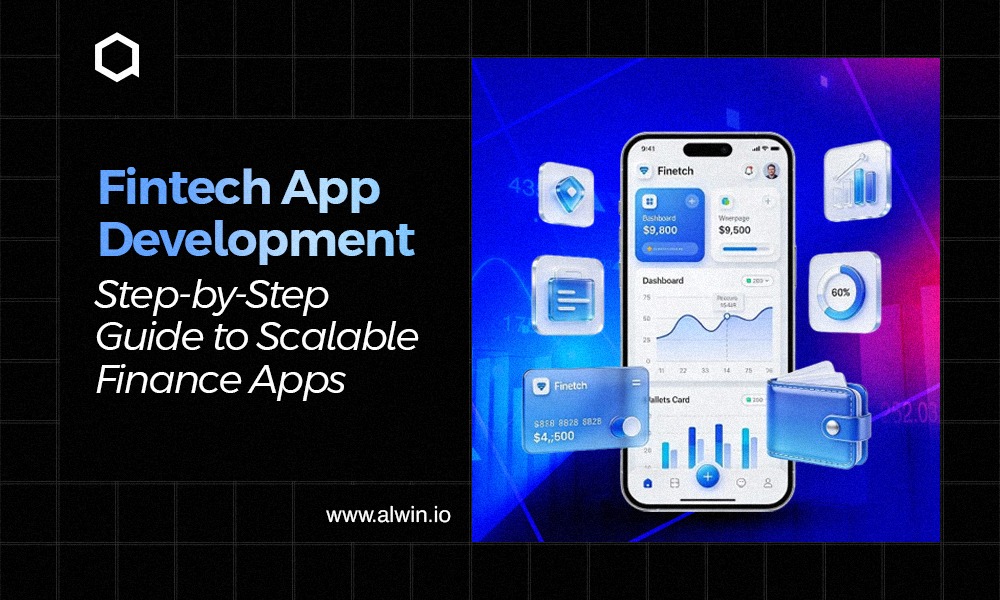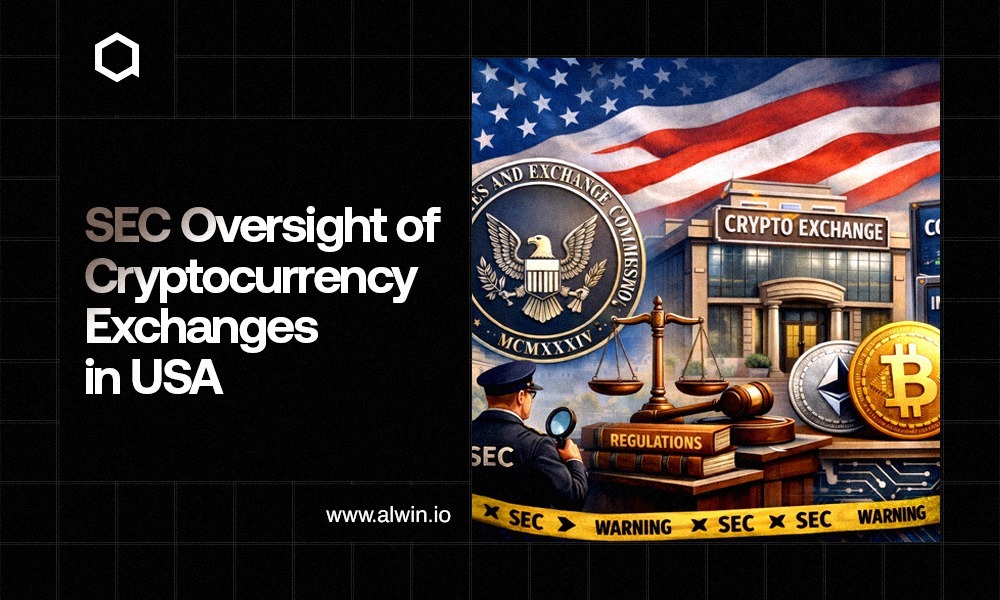Community-centric NFT Marketplaces are a new and innovative way for traders to engage with the NFT Market. These marketplaces are designed to put the community in control, providing traders greater control over the features and operations of the platform.
There are several ways that Community-Centric NFT Marketplaces can boost trader engagement and profitability. They provide a more social and collaborative trading experience. Traders can interact with each other directly, share information, and collaborate on investment strategies. This can lead to better decision-making and more profitable trades.
It also offers traders more flexibility and control. If you are looking for a more engaging and profitable way to trade NFTs, then you should consider using a Community-Centric NFT Marketplace. These Marketplaces offer a number of advantages over traditional NFT Marketplaces, and they are quickly becoming the preferred choice for many traders.
Scroll down to learn more!
What is a Community-Centric NFT Marketplace?
A Community-Centric NFT Marketplace is a digital platform where NFT Trading and engagement with the community take center stage. Unlike traditional NFT Marketplaces, In a transaction-focused environment, community-centric platforms give priority to creating a strong, interactive community around NFTs. This approach aims to foster collaboration, creativity, and a sense of belonging among traders and creators.
Importance of a Community-Centric Approach in NFT Marketplace Development:
The importance of a community-centric approach in NFT Marketplace Development cannot be overstated. It shifts the focus from merely trading NFTs to creating a thriving ecosystem where traders, artists, and collectors come together. This approach emphasizes long-term sustainability and encourages active participation, thus ensuring the marketplace's success.
Benefits of Community-Centric NFT Marketplace:
An NFT Marketplace that is focused on the community has many advantages. It not only encourages a feeling of community and cooperation among traders, but it also boosts engagement and profitability. Here are some key advantages:
Enhanced Engagement: Traders are more engaged in a community-centric NFT Marketplace as they can actively participate in discussions, governance, and decision-making.
Profitability: By encouraging a sense of community, traders are more likely to hold their assets, which can lead to increased value over time.
Creativity and Innovation: This platform allows for implementing creative and innovative ideas, enriching the NFT ecosystem.
Additional Benefits:
- More social and collaborative trading experience
- More flexibility and control for traders
- Exclusive benefits and rewards
- The Role of DAO in the Community-Centric NFT Marketplace:
Decentralized Autonomous Organizations (DAOs) have significantly transformed the world of Community-Centric NFT Marketplaces. In the realm of Web 3.0, DAOs rely on smart contracts with predefined conditions that the community must meet before executing specific functions.
Community-centric NFT Marketplaces often face complex challenges with various variable factors. DAO-based smart contracts play a pivotal role in simplifying these issues by automating authoritative tasks and reducing manual intervention. This automation extends across governance, utilities, security, and more, making DAOs an integral part of the community-centric NFT Marketplace ecosystem, facilitating smoother operations and enhancing overall functionality.
Consult with our business experts to Build an NFT! Chat with us on WhatsApp
How Does a Community-Centric NFT Marketplace Development Work?
Step 1: Registration and Wallet Linking
To get started with a community-centric NFT Marketplace, individuals need to create their own account. During the registration process, users provide the necessary details. Subsequently, they link their digital wallets to their accounts, ensuring a secure and seamless experience.
Step 2: Token Purchase
Users can buy the platform's native token or governance token after completing the registration process and wallet connecting. For example, platforms like Rarible have their governance token, RARI. Owning these tokens can confer various benefits within the platform's ecosystem.
Step 3: Browsing and Buying NFTs
Once registered and equipped with tokens, users can begin their NFT exploration. They can browse and search for their favorite NFTs within the community-centric NFT Marketplace. NFTs are typically listed with fixed prices or in auction-style formats. Users can select their desired NFTs and proceed with the purchase.
Step 4: Reselling NFTs
Community-centric NFT Marketplaces offer users the opportunity to resell NFTs they've acquired. Users can list the NFTs they want to sell on the platform. Importantly, these marketplaces often provide the option for buyers to purchase NFTs using either fiat currency or cryptocurrency, ensuring accessibility to a wide range of users.
Step 5: NFT Transfer
After a successful transaction, when a buyer purchases an NFT, the NFTs stored in the seller's wallet will be seamlessly transferred to the buyer's wallet. This secure transfer of ownership ensures that buyers have complete control over their newly acquired digital assets.
Step 6: Fee Structure
Finally, it's important to note that community-centric NFT Marketplaces often have a fee structure in place. These fees are levied by the owner or operator of the Marketplace. The fees may include transaction fees, listing fees, and other charges associated with the platform. These fees help support the continued development and maintenance of the marketplace.
Features of Community-Centric NFT Marketplace Development:
The development of a community-centric NFT Marketplace revolves around creating an environment where users feel valued, connected, and empowered. Let's explore some of the key features that make it work:
Homepage:
The homepage should be inviting and informative, showcasing NFT collections and community updates.
Crypto Wallet:
Integration of a secure crypto wallet is essential to facilitate NFT transactions.
Bidding Portal:
The bidding portal allows users to place bids on NFTs, adding an exciting dimension to the trading process.
Resale Portal:
This feature enables users to resell their NFTs, creating a dynamic secondary market.
Search/Filter/Sort:
Efficient search, filter, and sort options make it easier for users to find the NFTs they desire.
Push Notifications & Alerts:
Timely notifications keep users informed about auctions, bids, and community activities.
Additional Features:
- Storefront For Displaying NFTs
- Sell Through Auctions/Fixed Price
- Resell NFTs
- Search Option & Filters
- Payment Options
- Lazy Minting
Why Choose Us for Community-Centric NFT Marketplace Development?
Choosing the right team to develop your community-centric NFT Marketplace is crucial. We have an excellent track record of successfully creating engaging, community-driven platforms that boost trader engagement and profitability. Our expertise in NFT Marketplace Development and community building ensures your project's success.
Conclusion:
In the quickly changing NFTs industry, a community-centric approach to marketplace development offers an exciting opportunity. It develops a sense of belonging, encourages active participation, and ultimately boosts trader engagement and profitability. By creating an ecosystem where creativity and innovation thrive, community-centric NFT Marketplaces are poised to shape the future of NFT Trading.
Launch your adventure now to a thriving NFT Marketplace community today. Get Access Now! Approach us for Expectations beyond output.
People also ask for:
How do you build a community around an NFT project?
Building a community around an NFT project involves active engagement, transparent communication, and increases a sense of belonging among creators and collectors.
What is NFT Marketplace Development?
NFT Marketplace Development entails creating a digital platform for trading non-fungible tokens, offering features like wallets, auctions, and search functionalities.
How much does creating an NFT Marketplace cost?
The cost of developing an NFT Marketplace can vary depending on requirements, features, scale, and complexity.
What are the challenges in NFT Marketplace Development?
Challenges in NFT Marketplace Development include scalability issues, legal and regulatory concerns, assuring security, and standing out in a competitive market.



